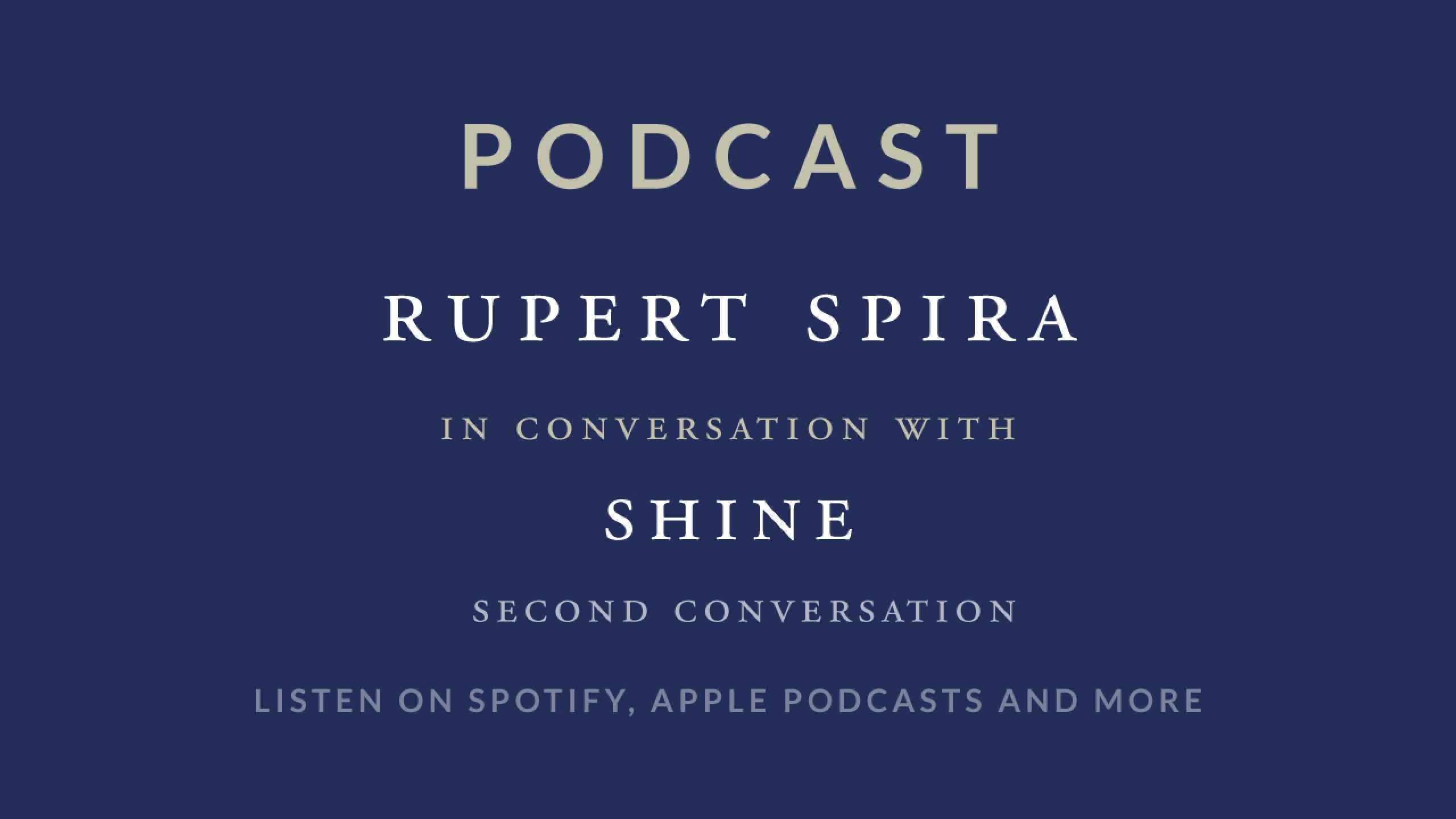Rupert first spoke to MET Police staff during a webinar arranged through SHINE in September 2020, at the height of the pandemic. That first meeting with staff from all sectors of the MET inspired a follow-up conversation with SHINE members in March 2021, which you can listen to here.
In May 2022, Rupert was invited to return for another online conversation.
He begins with a thirty-minute guided meditation, inviting people to ask themselves: ‘What is aware of my experience?’, and ‘What, or who, am I essentially?’. Rather than providing answers, the exploration is an opportunity for an experiential understanding to arise, with Rupert’s words pointing out the direction of travel.
The first step, he says, is to pull back from the content of experience, and to notice that thoughts, perceptions and feelings are continually arising, changing and vanishing. That all experience is impermanent, yet that which is aware of all experience is ever-present, undisturbed and unchanging. This awareness, like the sky behind the clouds, or the space of a room in which objects are placed, is completely unaffected by anything appearing in it. Its nature therefore is peace.
We may not feel we are in contact with this awareness, absorbed as we usually are in the drama of our experience, but there are always gaps no matter how intense the drama might be. Once we recognise the truth of that, we can pause, consciously, and rest there. He says these brief visits are like little homeopathic doses; they can have a tremendous effect not only on our state of mind, but also on our actions and relationships.
Because this peaceful background to experience is our essential being, he says, it is always accessible to all of us, even police officers, whose daily work may take them into contact with highly charged, stressful, and demanding situations.
In response to questions from officers about how to deal with their own emotions and reactions to these situations, Rupert says that if we can pause and rest at times when we’re not under any stress, at the end of the day for instance, then that eventually will diminish the stress and destabilisation that seems to be caused by our objective circumstances.
It is not possible for any of us to ‘make ourselves peaceful’ at any point, let alone amidst the difficulty officers regularly encounter. We can’t become peaceful, because the peace we’re talking about here is not of the mind – it’s about recognising the peaceful presence behind everything arising in the mind, in other words, behind all experience.
Having clarified the first part of the essential non-dual understanding – that our essential being is already and always the happiness and peace that everyone longs for – Rupert concludes by addressing the second part: that we share our being with everyone and everything, and this what is meant by love. So, he says, it’s important to remember that behind the behaviour of many of the people police officers deal with, behaviour that is a product of their conditioning, they are the same being as all of us.
This understanding should inform how we deal with everyone. It doesn’t mean we have to smile sweetly at someone who has committed a crime; we should respond appropriately and firmly, but from a deeper place than our own personal feelings.
He finishes with a wonderful story to illustrate this, told by the Dalai Lama, who asked a friend who’d spent twenty years in a Chinese labour camp what it was like? The friend replied, ‘It was very dangerous. On a number of occasions, I almost lost my compassion for the guards!’

